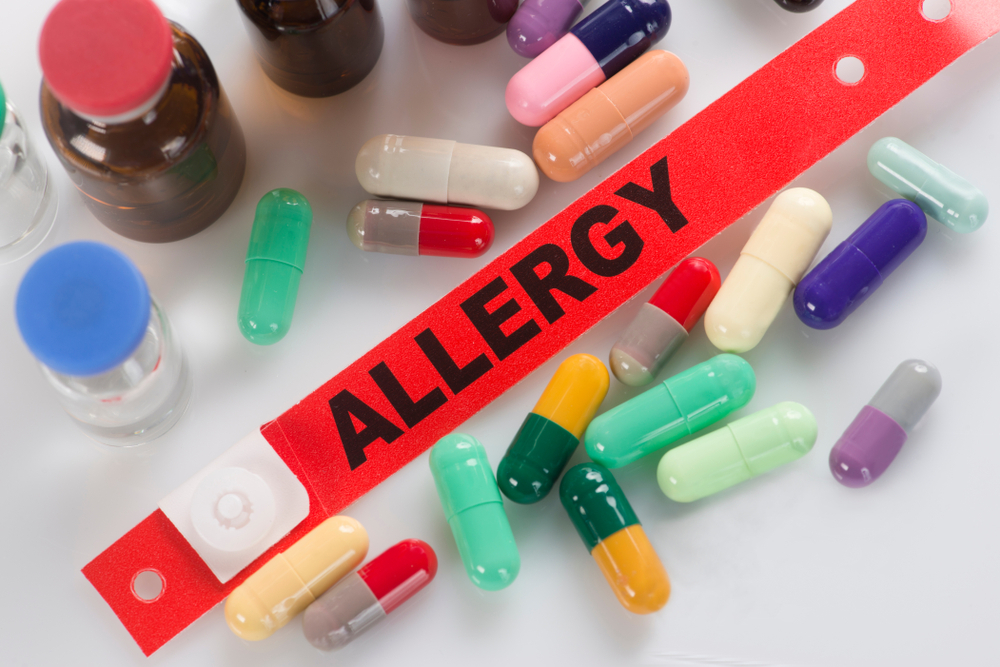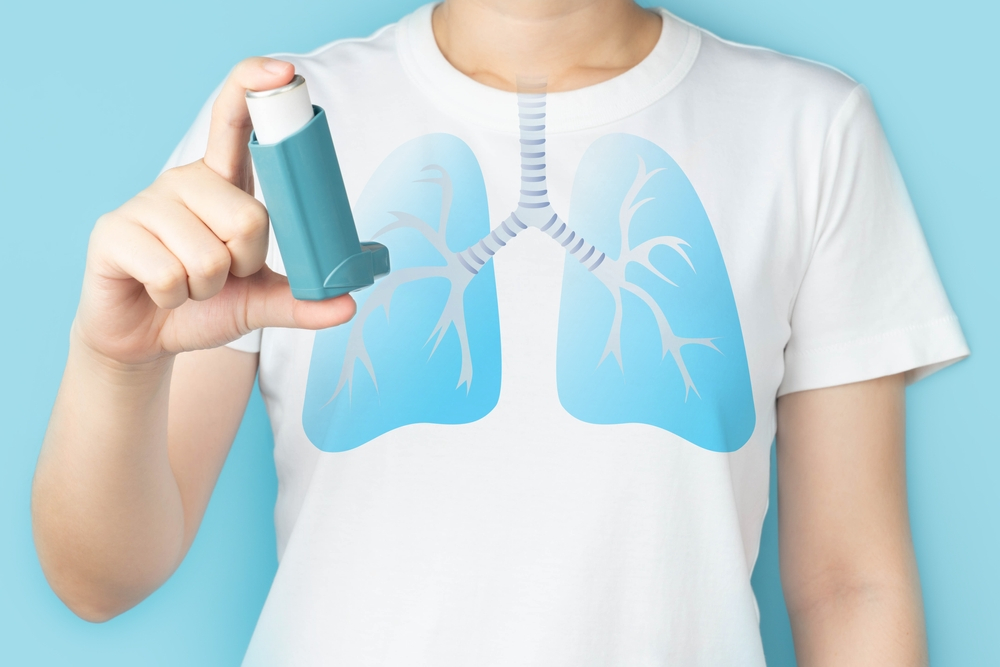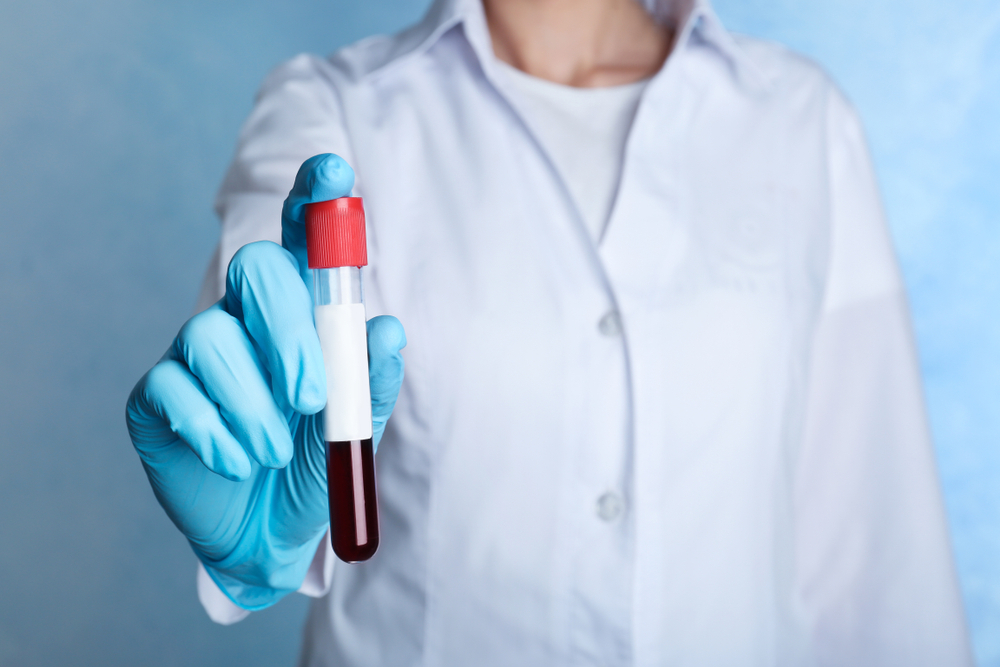Subscribe to our newsletter and receive exclusive offers every week
Thank you for Subscribe.


Discover the world of allergies in this blog post, featuring types, testing methods, diagnosis options, and effective management strategies. Dive into a wealth of information to understand and tackle allergies better.
Table of Contents
The human body is vulnerable to several conditions that may impact its routine functioning. One such condition in the medical world is allergy. Different types of allergies affect thousands and millions globally; however, the complexity and type are subjective to one’s body. In this blog, we will look into some common types of allergies and allergy testing so you can easily identify the red flags.
In layman’s language, allergy is the immune system’s reaction to a foreign substance. They are generally harmless proteins, also known as allergens. Allergens are primarily divided into three categories:
When a body identifies a foreign substance like dust, fungal spores, natural latex rubber, pollen, insects, etc., the immune system starts producing antibodies that form IgE (Immunoglobulin E). These antibodies work by binding to the allergy cells to remove the allergens. As a result, histamine is released, leading to the symptoms.
Medical professionals conduct allergy screening tests to identify allergens that cause a reaction in a particular patient and to check how their immune system reacts to certain foreign substances. These tests are often recommended for people with symptoms; however, there may be exceptional cases.
Allergy tests are a reliable and effective way of diagnosing allergens that affect people’s health. They help doctors create an appropriate treatment plan to alleviate symptoms and the condition.
Different people have different kinds of allergies; however, the most common allergies are:

Food allergies occur when the immune system releases certain antibodies as a reaction to the food consumed. The episode occurs within minutes of consuming the food, and it can lead to severe symptoms. For people with IgE-mediated food allergies, symptoms can include anaphylaxis. Food allergies usually occur from milk, wheat, eggs, soy, tree nuts, peanuts, and shellfish. In case of any red flags, consult your doctor and undergo a food allergy test in Ahmedabad.

Drug or medicine allergy is one way your body reacts to certain medicines or drugs. Both modern-day medication and herbal medicines can lead to a reaction. Some of the most common medications that can cause the reaction are insulin, chemotherapy drugs, antibiotics, and NSAIDs (Nonsteroidal Anti-Inflammatory Drugs). The doctors will order a drug or medicine allergy test to identify the exact drugs your body is allergic to.

As the name suggests, inhalant allergies result from airborne foreign particles or substances that one inhales/breathes. These include seasonal allergens that might affect one’s health for some months or perennial allergens that might affect one’s health all year round. For people with asthma, these allergies can worsen their condition or symptoms; thus, they should be extremely careful.
Seasonal allergies often occur from pollen—microscopic spores from grass, weeds, or trees that either float in the environment or appear on the surface as fine dust. On the other hand, perennial allergens include cockroaches, pets, molds, and dust mites.
Understanding the types of allergies is not enough to make informed decisions. Thus, this section highlights some common symptoms of the allergies discussed above. Please note that symptoms and their severity can vary from person to person; however, only common signs are stated below.
Food Allergy: Common symptoms of food allergies include hives, nausea, vomiting, itching all over the body (generalized pruritus), itching in a particular body part (localized pruritus), and swelling around your tongue, mouth, throat, or face.
Drug Allergy: Common signs and symptoms of drug allergies include itching, rash, hives, swelling, fever, shortness of breath, runny nose, wheezing, and itchy or watery eyes.
Inhalant Allergy: Common inhalant allergy symptoms include watery eyes, itchy eyes, sneezing, stuffy nose, headaches, scratchy throat, shortness of breath, nasal and sinus congestion, runny nose, and itchy nose
Primarily, two categories of tests are used to diagnose allergies. They are:

A skin allergy test in Ahmedabad is recommended and conducted to identify potential foreign substances causing a reaction. It can be either food-related, contact, or airborne allergens. Patch tests, scratch tests, and intradermal tests fall under this category.
 Blood tests, also referred to as IgE tests, are undertaken to check the concentration of certain IgE antibodies in the blood. This test effectively diagnoses potential allergic triggers like mold, pollen, animal dander, and food. Blood tests are generally suggested if the patient experiences a severe allergic reaction to a skin test. Another reason is if the patient cannot take relevant skin tests for any genuine reason.
Blood tests, also referred to as IgE tests, are undertaken to check the concentration of certain IgE antibodies in the blood. This test effectively diagnoses potential allergic triggers like mold, pollen, animal dander, and food. Blood tests are generally suggested if the patient experiences a severe allergic reaction to a skin test. Another reason is if the patient cannot take relevant skin tests for any genuine reason.
Pathology laboratory in India generally perform two types of blood tests to determine the type of allergy, depending on the doctor’s prescription. The first is whole allergen testing. This procedure helps the examiner confirm suspected allergies, rule out the allergy, or understand the reaction’s root cause.
Another is allergen component testing. This specific IgE test is performed to identify particular allergens or proteins that might lead to reactions. Identifying proteins associated with the allergic reaction can help medical professionals determine any future risk of a severe allergic reaction.
The procedure remains similar to standard blood tests used to diagnose certain conditions. The test is performed in a laboratory, where allergens are mixed with blood samples to measure the levels of IgE fighting against certain foreign substances or allergens.
Allergy tests conducted at an allergy test lab in Ahmedabad help identify allergens that can lead to future complications and affect the patient’s quality of life. Of all the reasons doctors suggest allergy testing, some of the most important ones are:
Even though a lot of allergies are incurable, they are surely manageable. However, to do that effectively with proper treatment, diagnosing the root cause is crucial. Apart from tests, you should be aware of the allergy triggers that will help prevent the reaction, if possible.
A severe allergic reaction might send the body into anaphylactic shock, which can be extremely dangerous given its quick effects. You may experience a sudden drop in blood pressure and a narrowing of your airway. To prevent these signs of allergies, doctors recommend allergy tests, which help them identify potential allergens that can lead to fatal complications.
There is a chance that a child might inherit a few allergies in the later future, if not immediately after birth. Thus, medical professionals order allergy testing in case of any doubts to identify and help manage allergens that are likely to cause such allergies.
Diagnosing substances that lead to allergic reactions is the first step to managing or treating them. Post-diagnosis of allergy and evaluation, the doctors will recommend certain medications or pharmaceutical products to alleviate the symptoms/conditions. The treatment might include:
Antihistamines have long been used to alleviate different kinds of allergy symptoms. They can be used as liquids, eye drops, nasal sprays, or pills. Antihistamines work by blocking histamine, which is responsible for itching, redness, and swelling.
Decongestants are generally prescribed with antihistamines to treat stuffy nose and other symptoms of allergies. They shrink the swollen blood vessels and nasal tissues to relieve congestion, redness, runny nose, and other symptoms. They come in the form of eye drops, nose sprays, pills, and liquids.
Immunotherapy (allergy shots) or sublingual immunotherapy (allergy drops) are prescribed to manage allergy symptoms uncontrolled by medications. In this treatment, the doctors will give you a certain amount of foreign substance your body is allergic to. They will continue to increase the amount until the body becomes less reactive to it, significantly reducing the reaction for future interactions with that specific allergen.
Depending on the type, symptoms, and severity of the allergy, doctors prescribe medications to ease the condition. It can include steroids, nasal sprays, mast cell stabilizers, combination allergy drugs, leukotriene modifiers, biologics, and others.
They usually come in drops and help relieve dry, itchy, red, and watery eyes.
Neti pots are similar to little teapots. They are used to flush out mucus from the nose with diluted salt water, moistening the sinus tissues. While creating the saltwater solution, ensure that you use sterile water since plain water can irritate the nasal tissues.
This is extremely useful for loosening mucus, relieving mild congestion, and preventing crusting. These solutions work by rinsing the nose and sinuses. Additionally, they can help manage nosebleeds that occur from frequent blows.
Allergy testing is the most effective way to diagnose and manage allergens that can lead to severe complications. Sterling Accuris Diagnostics provides an array of tests for allergy diagnosis at the convenience of your doorstep. So, don’t let your carelessness affect your health; book home sample collection for allergy test now.
Contact us to know the types of allergy tests in Ahmedabad.
Featured Health Blogs